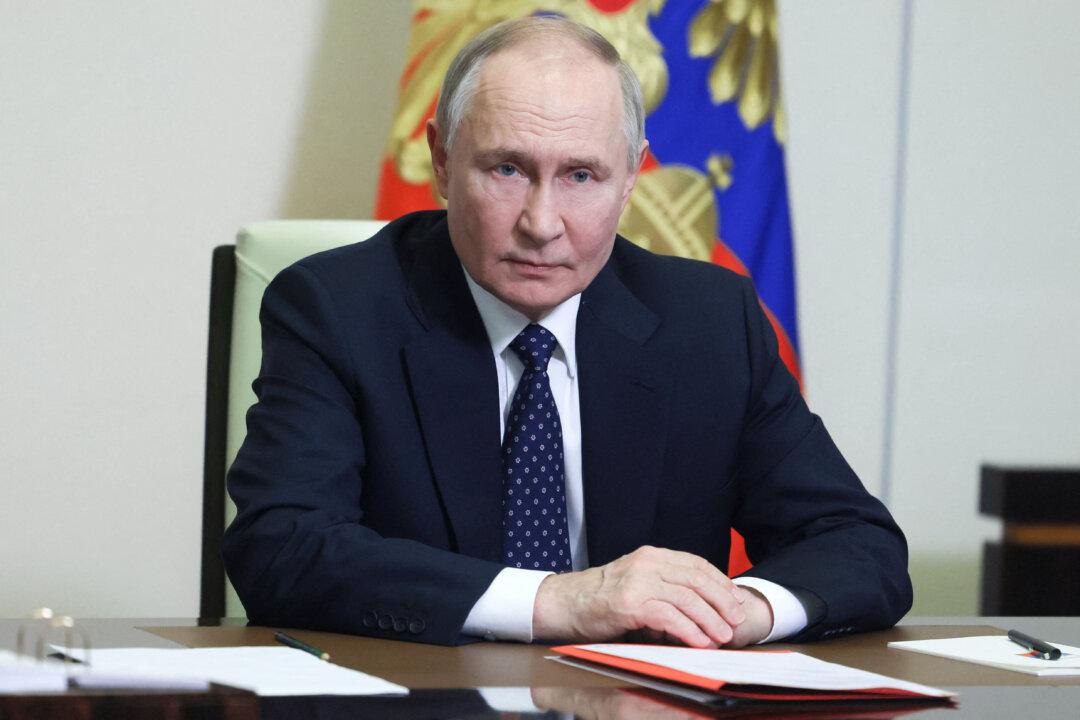Russian President Vladimir Putin has floated the idea of placing Ukraine under a U.N. external governance plan, as part of a long-term settlement to the ongoing Russia–Ukraine war.
The Russian leader raised the idea of turning political control of Ukraine over to the United Nations on March 28, while visiting an Arctic submarine base in Russia’s Murmansk region. Sitting for a press briefing, Putin reiterated his past claims that the current Ukrainian government lacks legitimacy and, therefore, cannot be trusted to enforce a peace agreement.





